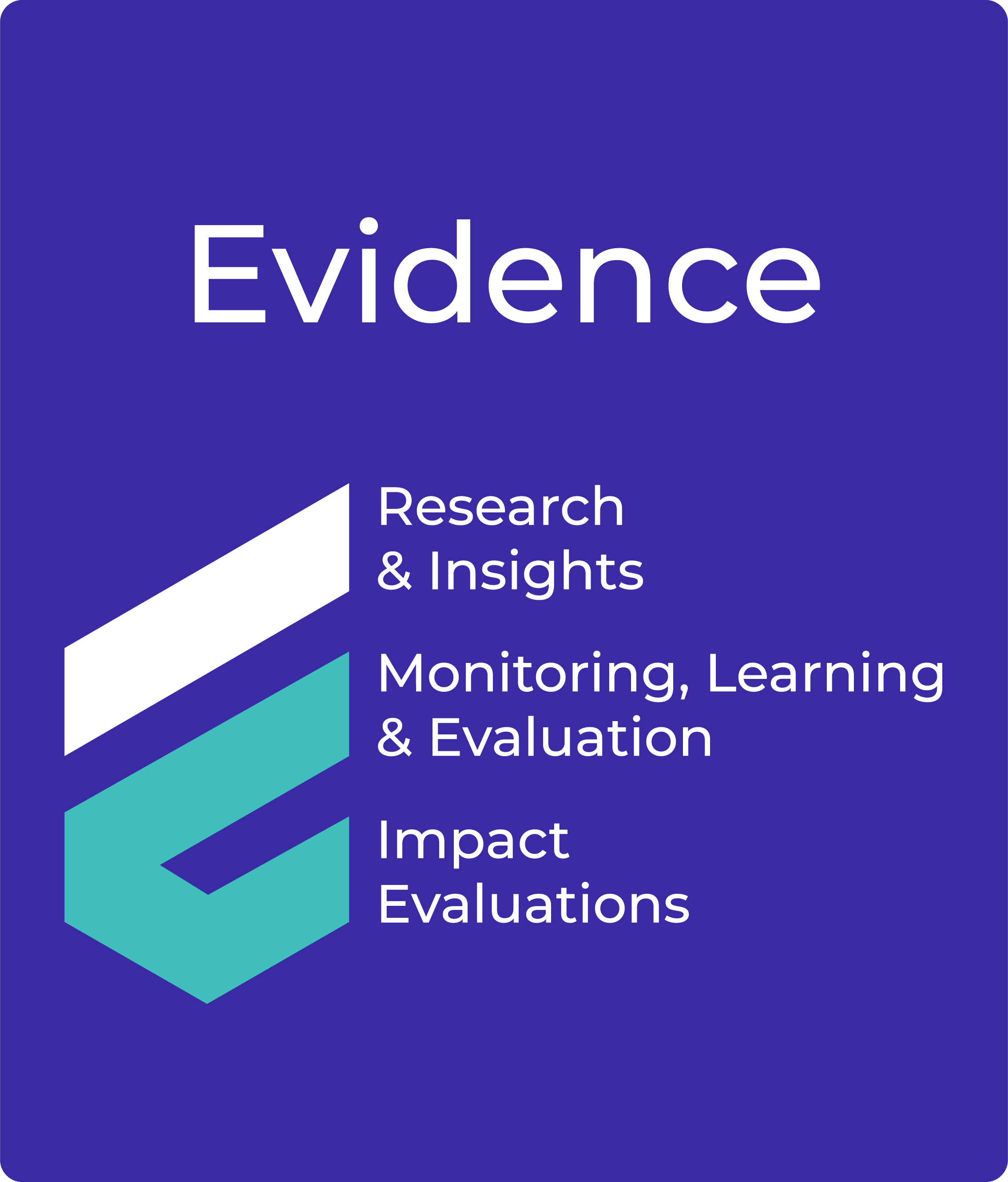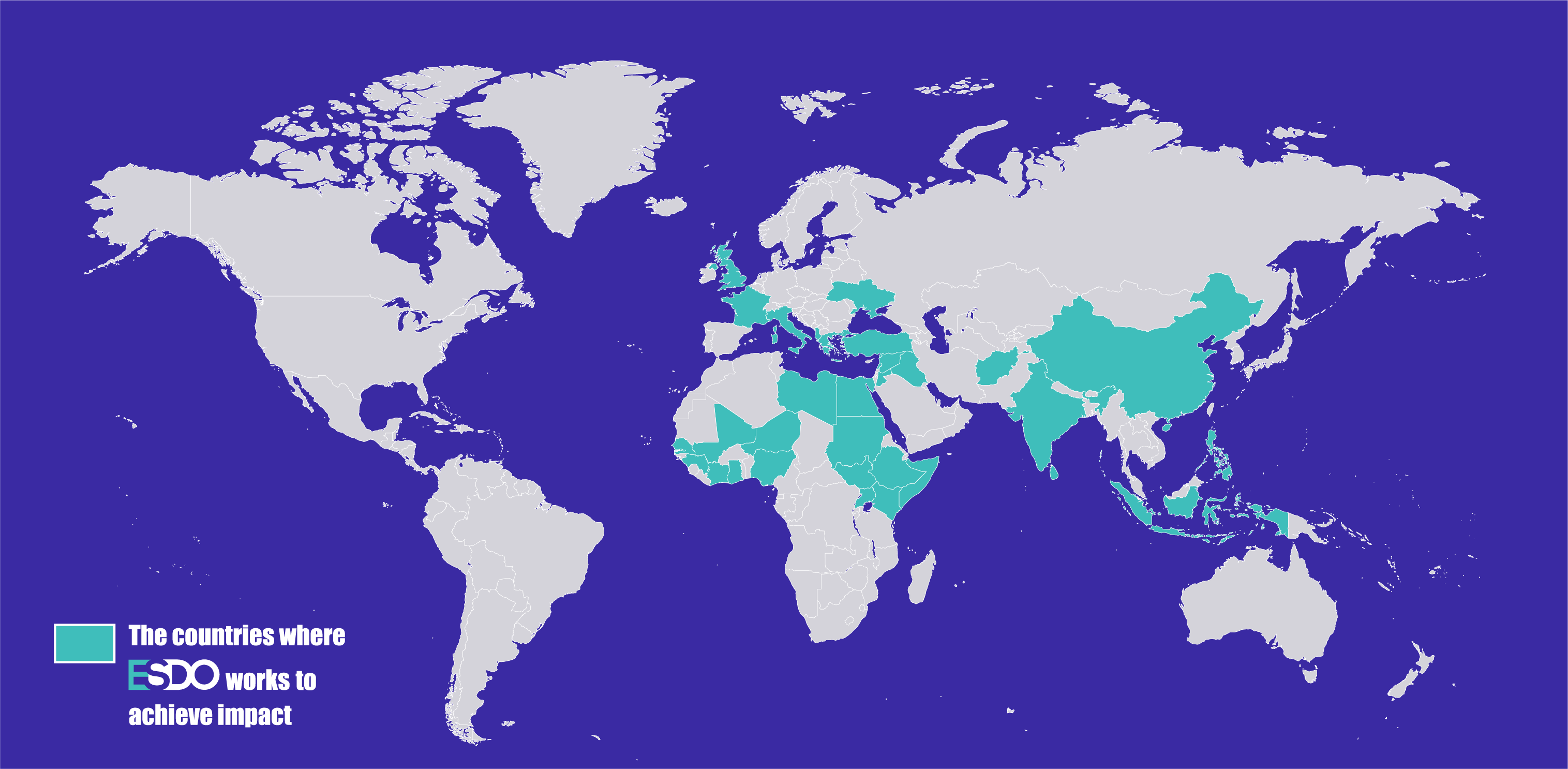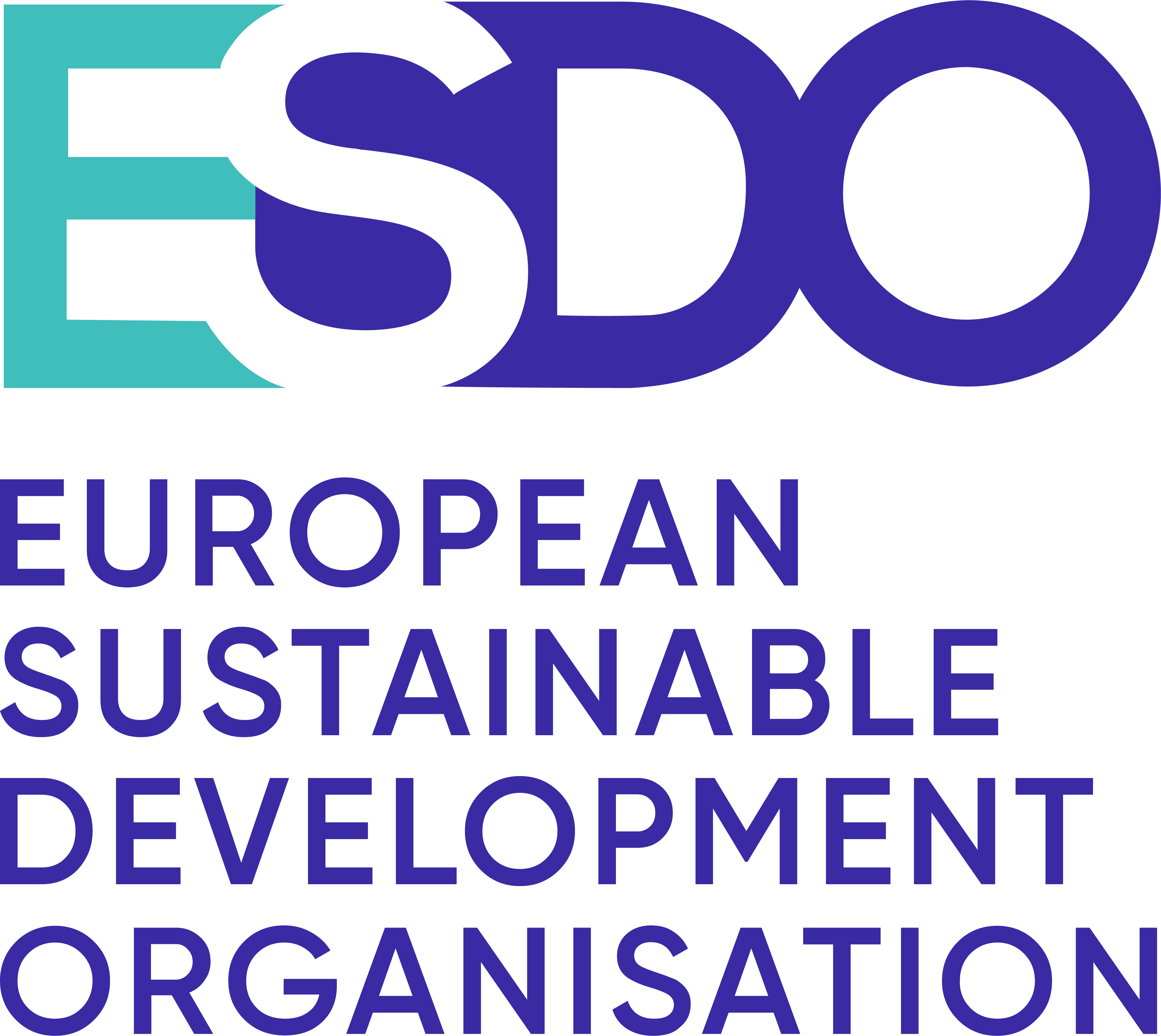
Evidence Unit
Evidence Unit
Research & Insights
ESDO’s Evidence Unit is a professional research capability delivering research projects; monitoring, evaluation & learning projects; and impact evaluations.
ESDO manages its own field data collection in developing, fragile and conflict affected countries. Our people operate safely in all environments because of our systemised research protocols combined with robust safety and security procedures and our locally engaged teams.
Research and Insights
ESDO’s research capability has deep experience collecting quantitative and qualitative primary data in developing, fragile and conflict affected countries.
Our research technology platforms and systems allow us to collect primary data from the field quickly and deliver publications efficiently.

Our researchers are well trained mixed methods researchers and are experienced in advanced sampling, data quality management, statistical analysis and data normalisation.
Monitoring, Learning & Evaluation
Third Party Monitoring, Learning & Evaluation
ESDO’s Evidence Unit provides thematically expert Monitoring, Evaluation and Learning (MEL) services to projects and programs globally. We develop and deliver the full range of monitoring and learning services as part of comprehensive MEL.
For evaluations, we develop and refine theories of change; logframes; participatory evaluation and community feedback mechanisms; data collection; and statistical analysis – all using a variety of evaluation methodologies.
Impact Evaluations
ESDO provides causal attribution evaluations through our Evidence Unit. We have the capability to deliver impact evaluations tailored to the needs of all projects and programs. If engaged at the program/project design stage, ESDO’s Evaluation Unit can control for variables and contamination, test counterfactuals, use comparison group sampling, and ultimately determine causality and/or contribution.
While we aim to deliver experimental impact evaluations, we can also deliver quasi-experimental impact evaluations.
We can assist in all stages of an impact evaluation from design, refinement or implementation including assisting with counterfactuals, key evaluation questions, methodologies and analysis.
Where We Work

© European Sustainable Development Organisation, Ireland

